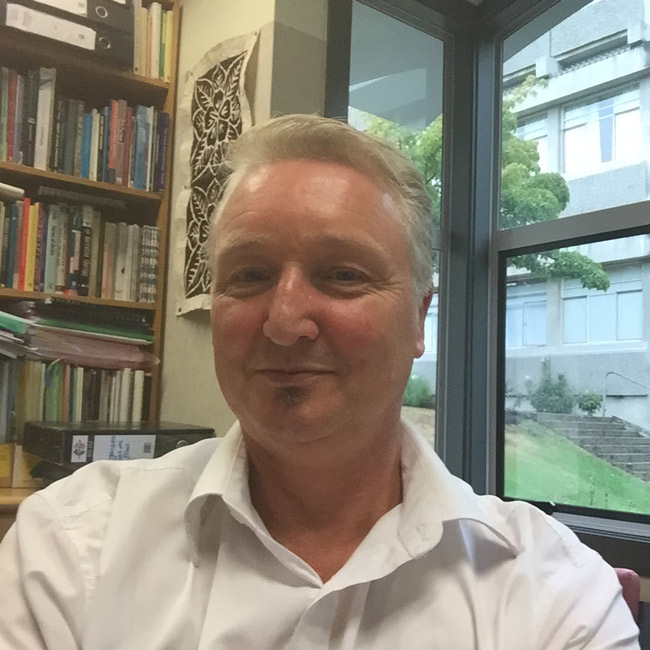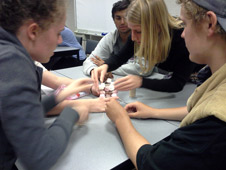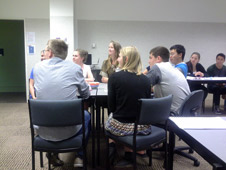
Associate Professor Jacques van der Meer.
An international award to Associate Professor Jacques van der Meer, Associate Dean of the College of Education, reiterates the value of Peer Assisted Study Sessions (PASS) programmes.
Associate Professor van der Meer and co-authors received the “Outstanding Supplemental Instruction” award for research, from the International Center for Supplemental Instruction at the University of Missouri-Kansas City, USA earlier in the year.
Associate Professor van der Meer's winning work was a systematic review into the effectiveness of SI (known as PASS in Australasia), a world-wide mainstream academic programme offered in more than 1500 institutions across 29 countries.
His review of the literature between 2001 and 2010 on the effectiveness of SI/PASS found that participation correlates with higher mean grades, lower failure and withdrawal rates, and higher retention and graduation rates compared with students who did not participate.
“Research has been carried out into the effectiveness of many individual programmes; this review of those studies reiterates it is a very successful method for supporting students' study,” Associate Professor van der Meer says.

Otago PASS tutoring session.
“It backs up what we have experienced with the success rate of our own University of Otago PASS programme.”
The article “On the Effectiveness of Supplemental Instruction: A Systematic Review of Supplemental Instruction and Peer-Assisted Study Sessions Literature between 2001 and 2010” was published in the journal Review of Educational Research (RER), which is accepted as the top global journal in the field of educational research.
Associate Professor van der Meer's interest in the benefit of peer leadership for both the leaders and universities, has also resulted in him being invited to be part of an Australasian project to investigate the development of peer leadership capability in universities. Over $200,000 has been made available by the Australian Government's Office of Learning and Teaching (OLT) for this project.
About PASS
Supplemental Instruction originally started in the United States in 1973, as a consequence of pressure from the Civil Rights movement to address the high attrition and low academic achievement of ethnic minority students.
Associate Professor van der Meer and Carole Scott from the Student Learning Centre, University of Otago, were one of the first to pilot a PASS programme in New Zealand in 2008.
PASS has now been implemented in nearly all Australian universities (38), with similar progress in New Zealand.
Successful later-year students facilitate peer-learning sessions, typically for first-year students. PASS study sessions are connected to particular papers, but are different from other supplementary tutorials, such as in residential colleges.

Otago PASS tutoring session.
PASS is not remedial or aimed at struggling students, but is for all students, and aimed at supporting first-year students into their transition into university and developing good study habits.
PASS leaders focus on study strategies in the context of content rather than re-teaching content. They receive extensive training and ongoing support for their role.
In 2015, 50 Otago PASS leaders facilitated 131 semester-long PASS sessions in 24 papers across four divisions. This equated to a total of almost 13,000 student attendance hours over 2015.
The importance of SI/PASS is not just that it academically benefits the students participating, it also benefits the PASS leaders through employability skills and other important graduate outcomes.
For more information about organisational matters related to the PASS programme – contact Carole Scott at the Student Learning Centre, or visit the Student Learning Centre.
For research-related matters, contact Jacques van der Meer.
For information about the Otago Leadership Award programme contact Sze-En Lau at the University Volunteer Centre.
